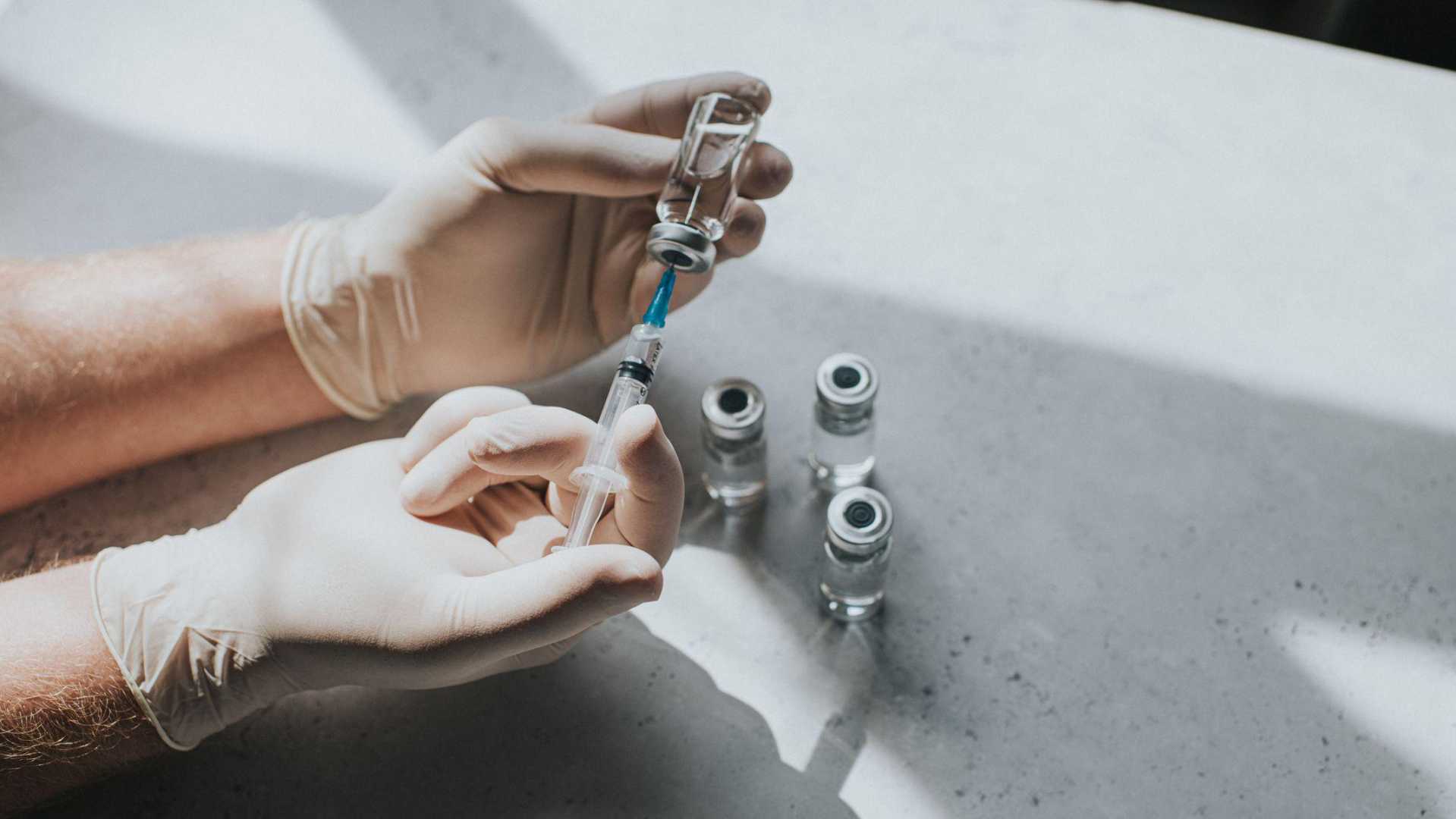Health
New Vaccine Testing Requirement Sparks Concerns Among Health Experts

Washington, D.C. — The Department of Health and Human Services (HHS) recently announced that all new vaccines will now require testing against a placebo before they can gain approval. This requirement was outlined by HHS Secretary Robert F. Kennedy Jr. in a statement released on May 1, 2025.
The decision has raised alarms among vaccine experts who worry that it could slow down the availability of critical vaccines, particularly the next round of COVID-19 shots. Kennedy’s spokesperson, Andrew Nixon, described the requirement as a way to ensure vaccine safety, calling it a “radical departure from past practices.”
However, Dr. Paul Offit, a vaccine researcher at the Children's Hospital of Philadelphia, criticized the change, stating it could delay vaccine access. “It appears to be an attack on the current vaccination infrastructure,” he said. Offit emphasized the ethical implications of withholding effective vaccines for the sake of testing new variants.
Experts pointed out that most vaccines, including those for COVID-19, have historically been tested against a placebo. In fact, the original COVID-19 vaccines underwent rigorous placebo-controlled trials. “The blanket statement that none of the routine vaccines were ever tested against placebos is incorrect,” said Dr. Gregory Goodman, a former FDA vaccine regulator.
Nixon noted that updates to existing vaccines could label them as new products, necessitating further clinical trials. “A four-year-old trial is not a blank check for new vaccines each year without clinical data,” Nixon stated, suggesting that safety concerns and evolving virus strains necessitate new trials.
This announcement comes amidst declining vaccination rates in the U.S., raising fears of a resurgence of preventable diseases. Dr. Michael Hotez, another vaccine researcher, warned that the new policy could create bureaucratic paralysis, ultimately putting lives at risk.
As vaccine developers prepare for this upcoming flu season, the new testing requirements could hinder timely updates needed for effective vaccines. Many experts are concerned that this will result in higher costs and longer waits for necessary immunizations, especially as infectious diseases continue to claim lives.












